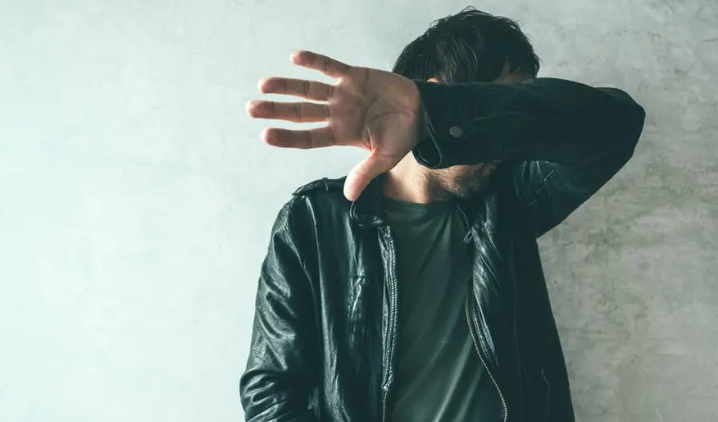Woman saw 'window of opportunity' to flee abuse
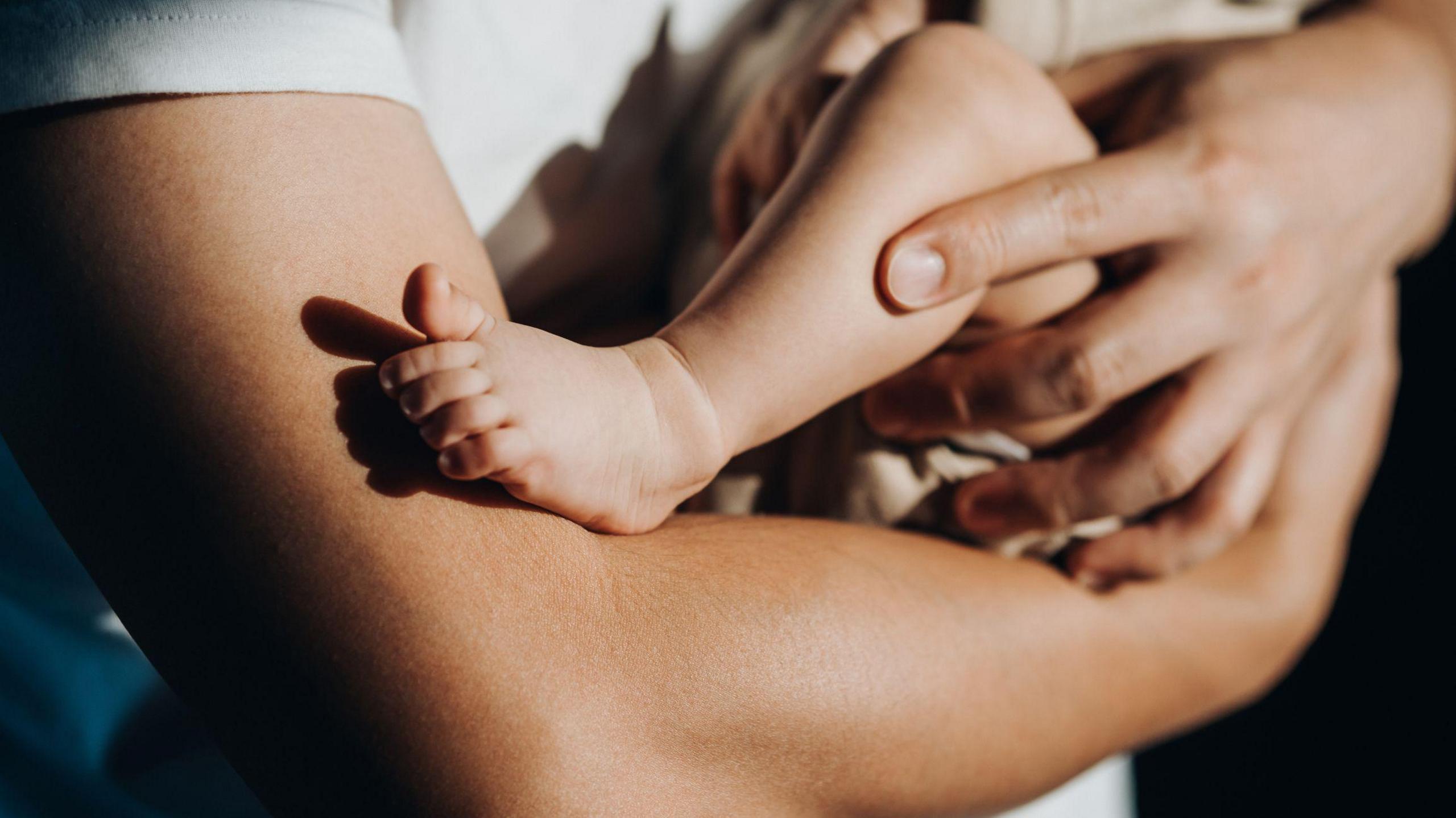
Last year over 800 women and children stayed in refuges run by Women’s Aid throughout Northern Ireland
- Published
A woman living in a Women’s Aid refuge in Northern Ireland said she fled her home when she had “a window of opportunity”.
Siobhan, not her real name, escaped a coercive, controlling and sexually abusive relationship and took her two children to live in emergency accommodation.
“I made the decision to go to a refuge quickly, I didn’t even have time to think. I had a window of opportunity and I took it," she told BBC News NI.
"To leave my home was hard, to have that security and then have it taken away. It was all a bit of a blur,” she added.
Siobhan has two children who had to leave their schools, their friends and their family.
“They heard and saw things they shouldn’t have,” Siobhan said.
"We’ll never be able to go back to the area we’re from, ever."
Siobhan said her ex partner told her if she left : “I’ll find you no matter where you are, you don’t know what I’m capable of.
“This is the first Christmas in my life I won’t spend with my mum. I can’t ever go back.”
Ten babies born in refuges
In 2023/24 more than 800 women and children stayed in refuges run by Women’s Aid throughout Northern Ireland.
The charity also said 10 babies were born to women living in their accommodation in the last year.
Sarah Mason, the CEO of Women’s Aid Federation Northern Ireland, said the organisation is experiencing increasing demand for services across Northern Ireland.
“Sadly, these statistics are not surprising to us. Each year Women’s Aid in Northern Ireland faces an ever-increasing demand for services as we work tirelessly to support women, children, and young people who have experienced abuse," Ms Mason said.
“Local services are working at full capacity to meet the needs of victims and survivors who need vital support.
"Funding to increase capacity to deliver services continues to be a major issue that must be addressed if we truly want to effectively end violence against women in our society and create a community were women feel safe, and are safe, in their own homes.”
Numbers accessing refuges
| Year | Women | Children | Babies Born |
|---|---|---|---|
| 2023/24 | 527 | 291 | 10 |
| 2022/23 | 518 | 342 | 7 |
| 2021/22 | 543 | 397 | 8 |
| 2020/21 | 530 | 319 | 10 |
| 2019/20 | 516 | 316 | 11 |

Six women have been murdered in Northern Ireland this year, in several of the cases the women were found dead in their own homes.
In all of the cases the police have arrested and charged men, most of those charged were known to the victims.
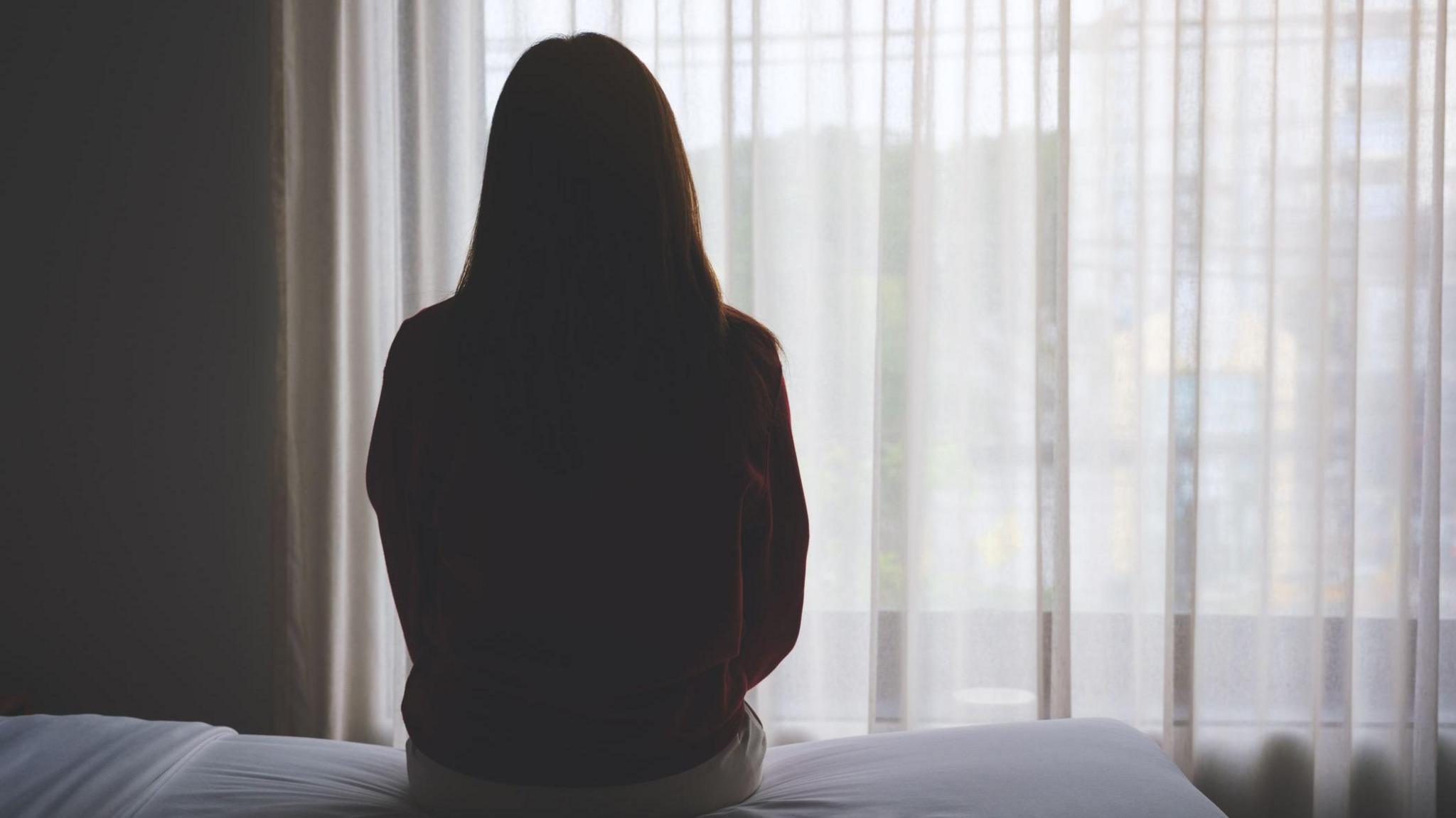
The latest police figures show a small increase in domestic abuse in Northern Ireland in 2023
Latest police figures showed a small increase in domestic abuse in Northern Ireland in 2023.
There were 33,071 incidents in 2023, an increase of 144 (0.4%) on the previous year.
In September the Executive Office launched an Ending Violence Against Women and Girls Strategy, external.
The same month the justice and health ministers launched a Domestic and Sexual Abuse strategy for Northern Ireland.
According to that strategy a domestic abuse incident is reported to police every 16 minutes and a sexual offence every two hours.
- Published5 August
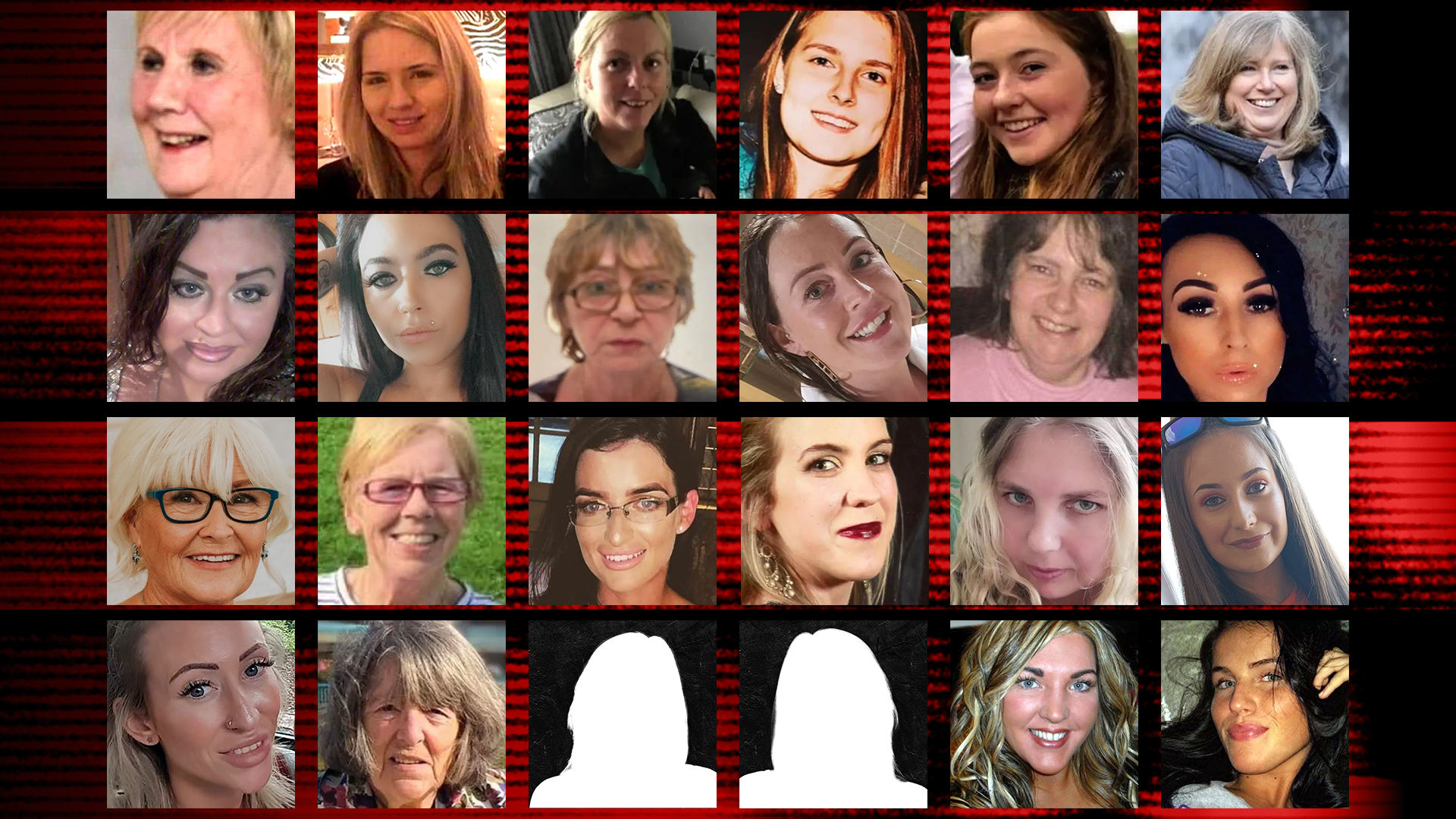
- Published16 September 2024
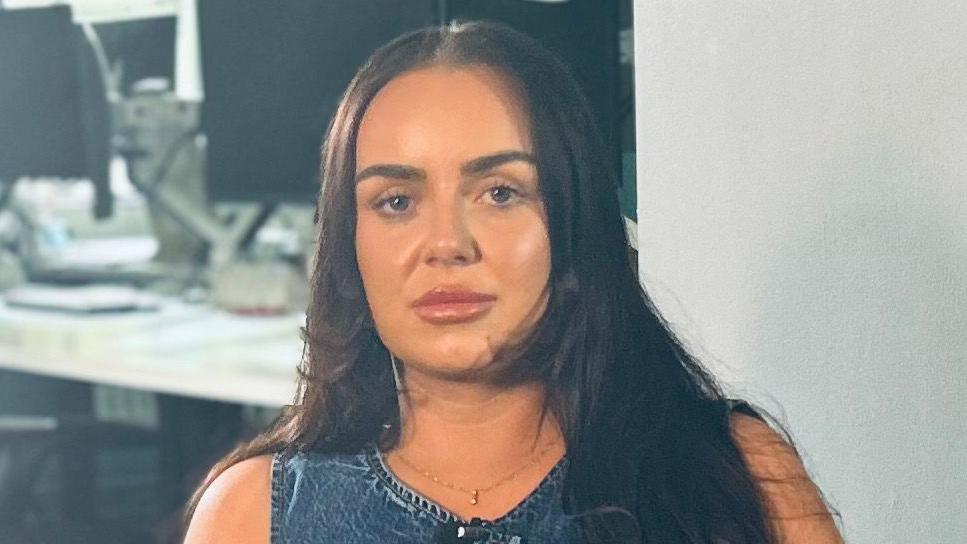
- Published21 October 2024
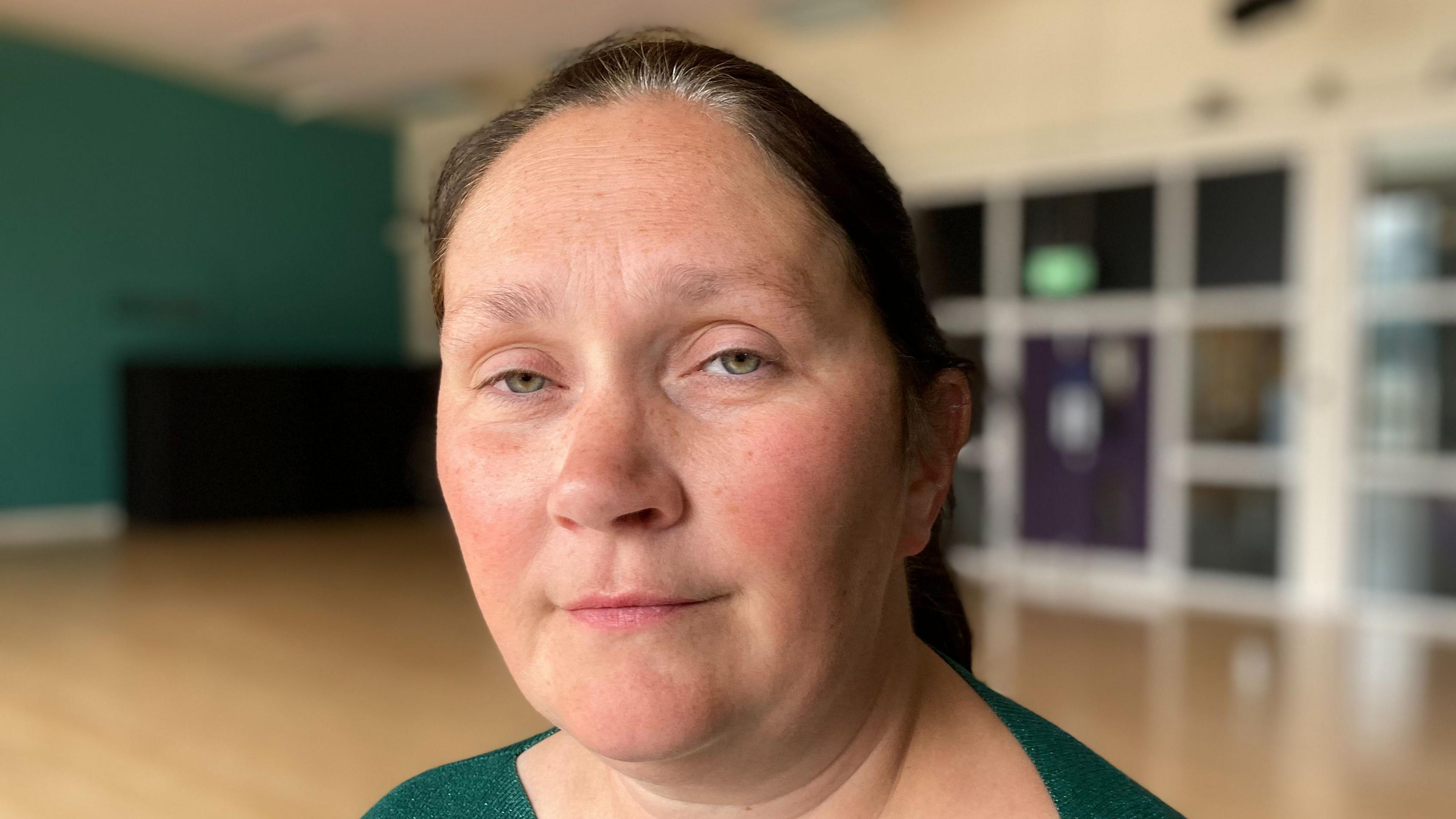
- Published19 November 2024
